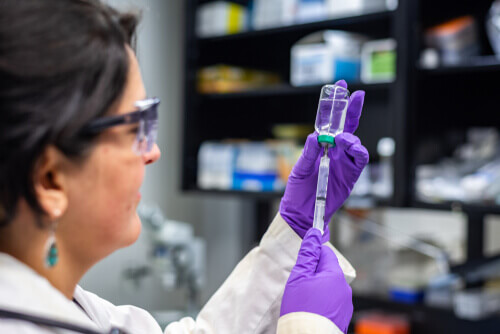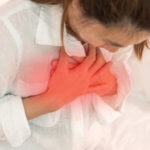 Shingles are caused by the same virus that causes chickenpox. It can affect different areas of the body depending on which nerves are involved. The first symptom of shingles is typically pain or sensitivity in a broad area on one side of the body. This may be accompanied by tingling, itching, aching, burning, or deep shooting pain in the area.
Shingles are caused by the same virus that causes chickenpox. It can affect different areas of the body depending on which nerves are involved. The first symptom of shingles is typically pain or sensitivity in a broad area on one side of the body. This may be accompanied by tingling, itching, aching, burning, or deep shooting pain in the area.
Often, about one to three days after this pain begins a rash of raised red bumps or blisters will erupt on the skin. These blisters will fill with pus and then become scabs in about ten to twelve days. Some people will not have this rash and will only experience the pain. The rash will disappear and the scabs will fall off in about two or three weeks.
If you are over the age of 60 you are more likely to develop shingles and for this reason, a vaccination is recommended. If your doctor has recommended that you get a shingles vaccination, there are a few things that you should know beforehand. Here are 5 things that you should know before you get a shingles vaccination.
1. How Effective is the Shingles Vaccine?
Many people believe that if they get the shingles vaccination that they are guaranteed to not get shingles. However, this is not the case. The effectiveness of the shingles vaccination depends on the age of the patient. Research has shown that people who begin getting the shot at age 50 will develop a stronger resistance to the disease. Typically, the shot is recommended for those aged 60 and above. The overall effectiveness for the shingles vaccination is about 70 percent for those aged 60 and this percentage will drop the older the patient is.


